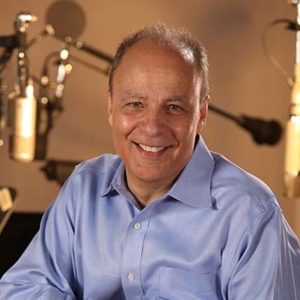President Donald Trump’s administration needs to plainly say if it intends to crack down on the medical marijuana industry in Illinois, State Treasurer Michael Frerichs said today.
The administration’s comment of “greater enforcement” of laws that could close banks that have a relationship with the legal medical marijuana trade needlessly injects uncertainty into the industry. The ambiguous “greater enforcement” also could be used to shutter legal cultivators, wholesalers and retailers in Illinois. Finally, it is unclear what enforcement action could be taken against doctors who prescribe medical marijuana for patients, especially Veterans and children who struggle with seizures.
“Medical marijuana is not for everyone. If the Trump administration seeks greater enforcement, then it should clearly define what this means so hard-working people in Illinois can make informed decisions,” Frerichs said. “Vague statements undermining medical marijuana violate commonsense and only serve to hurt the people who have pursed this treatment as a last resort.”
White House spokesman Sean Spicer said Feb. 23 that he expects states to be subject to “greater enforcement” of federal laws against marijuana use. He was unclear what that would mean for states that legalized medical marijuana. There has been no clarity since.
Current federal law prohibits banks from processing money used in the legal marijuana industry, even state licensed medical marijuana in Illinois. Previously, the legal marijuana industry operated with limited confidence that it would not face criminal prosecution after President Barack Obama’s Justice Department stated it would not prioritize the enforcement of federal marijuana laws knowing that many states have legalized some marijuana use.
Today, Frerichs sent President Trump a letter requesting clarification of his administration’s stance toward the medical marijuana industry. Illinois first began selling medical marijuana in November, 2015.
The letter is the second Frerichs sent seeking the new administration’s position. Illinois is one of 23 states that permit the use of medical marijuana for the treatment of pre approved medical conditions.
The first letter was sent in January after U.S. Attorney General nominee Jeff Sessions called marijuana “dangerous.” Previously, as a U.S. Senator from Alabama, Sessions criticized President Obama for not being tough enough on marijuana. Now confirmed as Attorney General, Sessions has the authority to change President Obama’s directive and instead prioritize marijuana-related inquiries.
No response to the initial letter was received. Spicer’s statement to media prompted Frerichs to submit the second request. As treasurer of Illinois, Frerichs collects and invests tax money associated with the medical marijuana industry in Illinois.
Medical marijuana taxes and fees are remitted to Frerichs’ office for investment. Consumer sales are taxed at the 1 percent pharmaceutical rate. Additionally, there is a 7 percent privilege tax imposed on cultivation centers and dispensaries. Ordinary payroll and income taxes also are paid.
According to the Illinois Department of Public Health, it approved approximately 16,990 applications to use medical marijuana since the Medical Cannabis Registry opened on Sept. 2, 2014. There are 51 licensed dispensaries in Illinois. Total retail sales since the first sale is $47.4 million. Total wholesale sales since the first sale is $28.9 million. Illinois has collected more than $17.5 million in licenses, taxes and fees.
Few Illinois residents realize that Illinois’ Medical Cannabis Pilot Program is in a testing stage and authorization sunsets in 2020. The Trump administration’s approach to banking services plays a critical role in the future availability of medical marijuana in Illinois and will be a strong consideration when lawmakers decide to expand or kill the pilot program.













